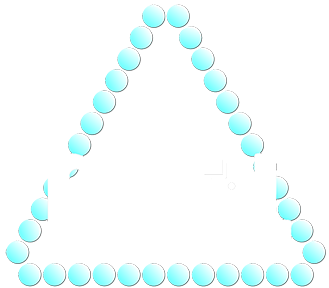Publikation „Landwirtschaft“ – mit Verlinkung auf Innovation-Roadmap:
Water is a vital resource for both human needs and the functioning of our ecosystem. The availability of fresh high-quality water has been a growing problem for centuries. In areas where rainfall is irregular or dry times or drought is expected, the usage of irrigation for improving farming efficiency is common.
In water supplying networks, there are mostly huge pumps required for sending water through the complex systems. This is accompanied by changes on hydrate shells, which influences the entire system combined with precipitation reactions, scaling effects and microbiological troubles (e.g. Legionella).
On water irrigation networks, the agglomeration and deposition of organic as well as inorganic substances is highly undesirable, both from a technical and an hygienical point of view. Living bacteria on lower concentration in the free aqueous phase do not usually constitute a problem for technical systems, as long as there are possibilities to minimize the agglomeration processes in water supplying networks.
Efficient Solution with Modern Catalysts
With special mineral-metal catalysts containing nickel, chromium and iron, it is possible to speed up the formation of hydrate shells. According to Van Dijk et al., such a solution is able to minimize deposits formation on water. The usage of this special catalyst technology results in a more efficient water supply process with fewer usage of chemicals with improvements on plant growth as well as customers safety and health.
Customers Benefit
- Improved MTBF (Mean Time Between Failure)
- Fulfilling SDGs (Sustainable Development Goals)
- Optimal QHSE performance (Quality, Health, Security & Environment)
Check out further information via: sales@molkat.de
Van Dijk et al.: “Innovative Solutions in the Process Industry for next generation Resource Efficient Water Management”; Collaborative project; Innovation roadmap for demonstrated technologies; INSPIREWATER – D2.4 GA723702 (2019) pp. 42-52; online:


